Plant-Based Protein: A Healthier Way to Fuel Your Body
With the rising popularity of vegan and vegetarian diets, plant-based protein is gaining serious attention from athletes, fitness enthusiasts, and health-conscious individuals. Whether you’re trying to build muscle, lose weight, or just live a cleaner lifestyle, adding plant-based sources of protein to your diet can be a game-changer. In this guide, we’ll explore what plant-based protein is, its benefits, how it compares to animal-based protein, and the best sources to include in your diet.
What is Plant-Based Protein?

Plant-based protein refers to protein derived from plant sources such as legumes, nuts, seeds, whole grains, and certain vegetables. Unlike animal proteins, these sources are naturally free from cholesterol, low in saturated fat, and often rich in fiber, vitamins, and antioxidants.
Common plant-based protein sources include:
- Lentils
- Chickpeas
- Quinoa
- Peas
- Brown rice
- Hemp seeds
- Chia seeds
- Soy and its derivatives (tofu, tempeh)
These foods offer varying amounts of protein and are often combined to create a complete amino acid profile.
Benefits of Plant-Based Protein

Switching to or incorporating plant-based protein into your diet offers several health and fitness advantages:
1. Supports Muscle Growth and Recovery
Contrary to popular belief, plant protein can be just as effective as animal protein for muscle gain when consumed in adequate amounts. Plant protein powders like pea or brown rice protein are now used widely by athletes for post-workout recovery.
2. Heart Health Friendly
Plant-based sources are naturally free from cholesterol and have lower saturated fats, which support better cardiovascular health. Diets rich in legumes and grains can lower blood pressure and bad cholesterol levels.
3. Aids in Weight Management
Foods high in plant-based protein also tend to be rich in fiber. This keeps you fuller longer, helps control appetite, and reduces calorie intake naturally—making weight loss easier.
4. Better Digestion
Animal proteins can sometimes be heavy on the digestive system. Plant proteins come with added fiber, which helps regulate bowel movements and supports gut health.
5. Eco-Friendly and Sustainable
Producing plant-based foods generally requires less water, land, and energy compared to animal farming. Choosing plant-based protein contributes to a lower carbon footprint and a more sustainable planet.
Is Plant-Based Protein Complete?
One of the most common concerns about plant protein is the idea that it’s “incomplete”—meaning it doesn’t contain all nine essential amino acids. While it’s true that most plant sources lack one or more amino acids, you can easily combine different foods to get a complete profile. For example:
- Rice + beans
- Hummus + whole wheat pita
- Peanut butter + whole grain bread
Many plant-based protein powders also blend multiple sources (e.g., pea + brown rice) to offer a complete amino acid profile, making them just as effective as whey protein.
Top Plant-Based Protein Powders in Pakistan
If you’re in Pakistan and looking for clean, high-quality plant protein, here are some great options to consider:
1. Applied Nutrition Vegan Pro
APPLIED NUTRITION VEGAN PRO – 450g is the perfect Vegan Protein blend combining Soya Protein Isolate, Pea Protein Isolate, Brown, and Rice Protein to deliver a premium quality, Vegan Protein Powder with a full range of Essential Amino Acids and over 24g of Protein per serving.
2. Vegan-Pro Plant Based Protein
Vegan-Pro plant-based is the perfect Vegan Protein blend combining Soya Protein Isolate, Pea Protein Isolate, and Brown Rice Protein to deliver a premium quality, Vegan Protein Powder with a full range of Essential Amino Acids and over 24g of Protein per serving.
You can explore all these at Syner Nutrition Pakistan—your go-to store for premium wellness supplements.
How Much Plant Protein Do You Need Daily?
Protein needs vary based on activity level, weight, and fitness goals. On average:
- Sedentary adults: 0.8g per kg of body weight
- Active individuals or athletes: 1.2–2.0g per kg of body weight
For example, a 70kg person aiming for muscle gain would need around 84–140g of protein daily, which can be comfortably achieved with a mix of whole food and plant-based protein supplements.
Tips to Add More Plant-Based Protein to Your Diet
Here are some simple ways to increase your intake:
- Add lentils or beans to soups, salads, and curries
- Snack on roasted chickpeas or trail mix with nuts and seeds
- Use plant-based protein powders in your smoothies or oatmeal
- Replace meat with tofu, tempeh, or legumes in stir-fries
- Try quinoa instead of rice—it offers both carbs and protein
FAQs – Plant-Based Protein
1. Is plant-based protein as effective as whey protein?
Yes, when consumed in the right quantity and quality. Look for complete plant-based protein powders like those combining pea and rice for best results.
2. Can I use plant protein for muscle building?
Absolutely. Many athletes and bodybuilders use plant-based protein to support muscle growth, recovery, and performance.
3. Is plant protein safe for people with allergies?
Generally yes, but it depends on the source. Avoid soy or nut-based proteins if you’re allergic. Opt for hypoallergenic blends like rice or pea protein.
4. Does plant protein cause bloating or gas?
Some people may experience minor bloating, especially if new to high-fiber diets. Starting with smaller servings and choosing powders with digestive enzymes can help.
5. Where can I buy plant-based protein in Pakistan?
You can shop premium, tested, and effective plant-based protein powders at Syner Nutrition Pakistan, with fast delivery across the country.
Conclusion: Make the Smart Switch to Plant-Based Protein
Whether you’re vegan, lactose intolerant, or simply seeking a healthier lifestyle, plant-based protein is a smart, effective, and sustainable choice. It fuels your body, supports muscle growth, and aligns with both your health and environmental values.✅ Ready to upgrade your protein game? Explore the best plant-based options at Syner Nutrition Pakistan—your trusted source for high-quality wellness supplements in Pakistan.

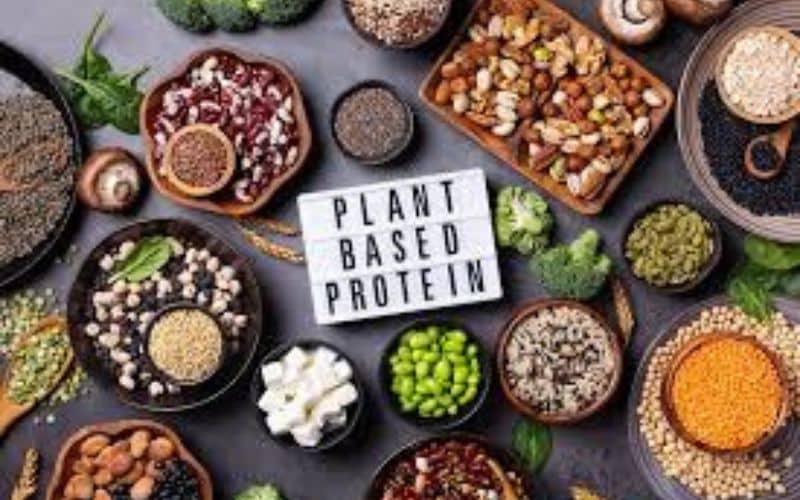


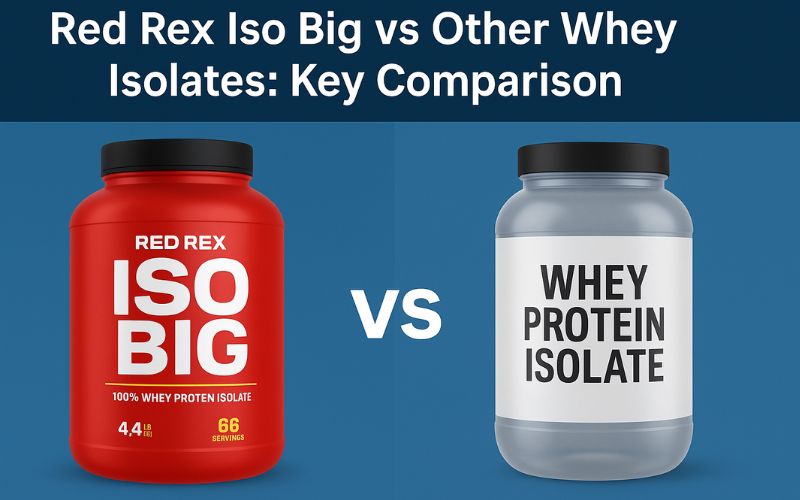
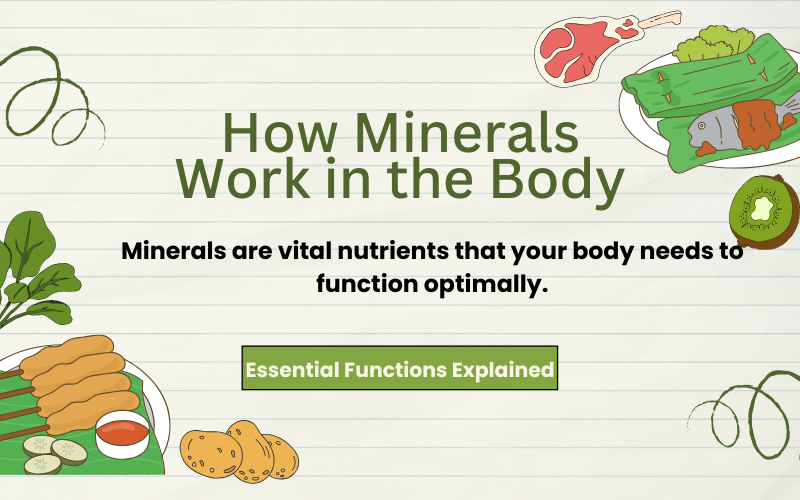
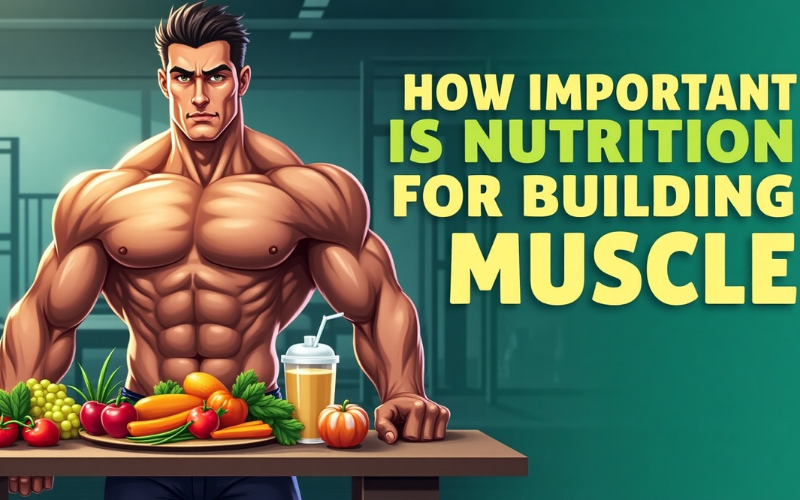
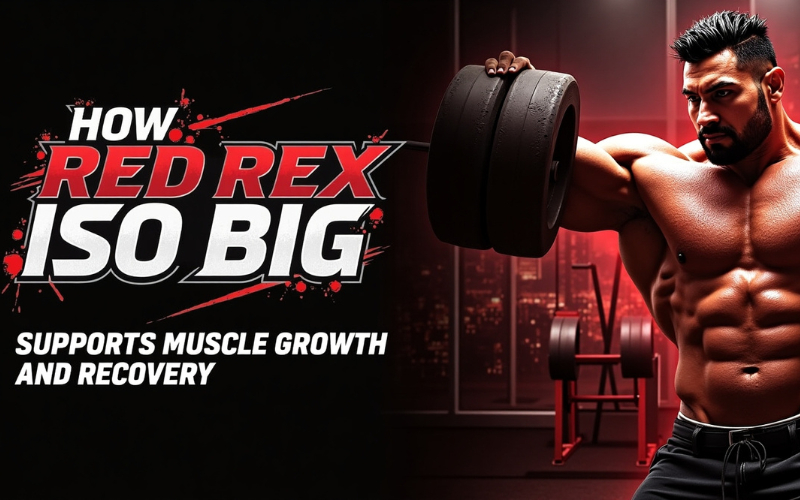
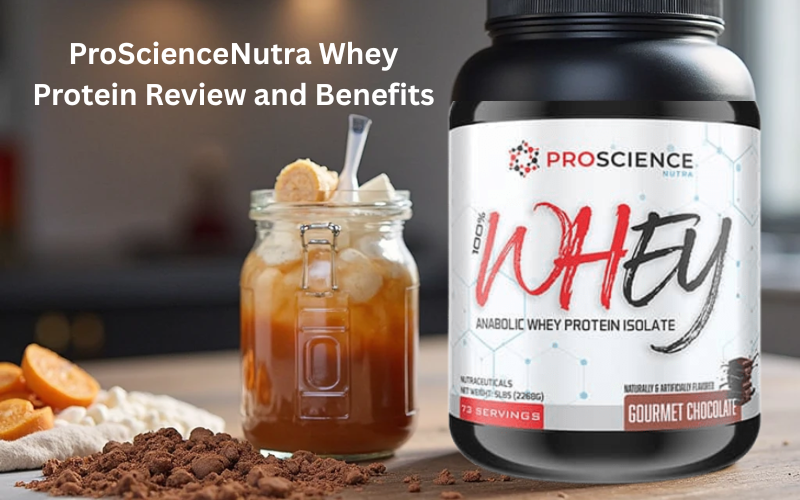
Add comment